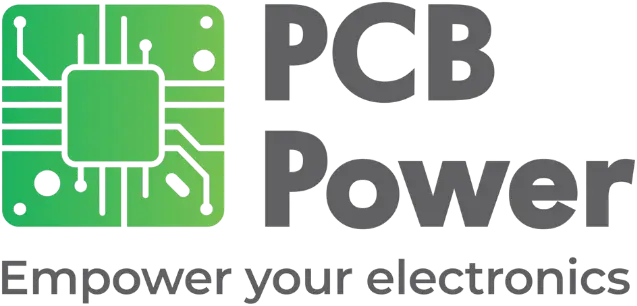
Revolutionizing Electronics Manufacturing with Mixed PCB Assembly
AI and machine learning are revolutionizing PCB design, leading to streamlined processes, improved product quality, and reduced manufacturing costs. In the circuit board manufacturing industry, these cutting-edge technologies provide useful insights that enhance human skills. The use of artificial intelligence (AI) in the design of PCBs is on the rise, giving designers new capabilities to boost soldering accuracy & facilitate sophisticated inspection procedures.This article will discover how AI and ML are improving PCB design and circuit board manufacturing processes.
The Role of Artificial Intelligence & Machine Learning in PCB Design
The Importance of AI in printed circuit board design is essential for producing high-quality circuits with little human intervention at minimum time. These technologies employ machine learning techniques to maximize component placement on the board. This improvement enhances performance and reliability by reducing signal interference, optimizing heat dissipation, and minimizing trace lengths.
Automated Design:
By taking signal integrity and thermal management into account, AI optimizes schematic design and component placement.
Routing Optimization:
Algorithms automate tracing, which optimizes routing by ensuring signals go along the most efficient pathways with the least amount of interference.
Predictive Maintenance:
Artificial intelligence tracks machinery to foresee when repairs are required, extending the life of machines and reducing downtime.
Optimization of Processes:
Algorithms sift through data in search of inefficiencies; they are then eliminated. Artificial intelligence (AI) in supply chain management helps anticipate material needs and optimize inventory levels to ensure seamless circuit board manufacturing.
Data Management and Traceability:
In PCB board fabrication, AI systems handle data management in order to ensure compliance and traceability while also offering insights into production patterns.
Testing and Quality Assurance:
Testing systems powered by AI mimic real-world scenarios, improving testing of functionality and dependability. Compared to manual inspection, AI-driven visual inspection finds real-time flaws, improving quality control.
Collaborative Robotics:
Cobots powered by artificial intelligence operate in tandem with humans to streamline circuit board manufacturing processes.
Optimizing Energy Efficiency:
Artificial intelligence studies power consumption trends and finds ways to save money and reduce environmental impact.
The capacity to verify designs against certain regulations and limitations is a major benefit of utilizing AI in PCB design. Errors that can cause expensive redesigns or even operational failure are reduced as a result. Additionally, AI technologies can suggest materials, component choices, and layer stack-ups based on historical data and industry standards.
Below are some noteworthy benefits of AI and ML for PCB board manufacturers.
- Enhanced Product Quality
- Detection of Errors at an Early Stage
- Enhanced Design Optimization
- Improved Reputation of the Brand
- Reliable and high-quality Products
- Efficient Management of Assets
- Preventative Maintenance
- Less Product Wastage
- More Efficient Use of Materials
- Fewer Production Errors
- Manufacturers' time-to-market is reduced
Optimizing Designs with Machine Learning:
PCB board manufacturers can use ML algorithms to guarantee performance and dependability for sophisticated signal integrity analysis and heat control. By observing problems with production and PCB assembly early on, these predictive capabilities help keep production error-free and iteration costs down. The use of ML in the design process allows PCB board manufacturers to attain unseen levels of efficiency and accuracy.
AI-Powered Design Support:
AI-powered ideas improve collaborative design by giving designers immediate feedback and tools to avoid mistakes. Through the synergy between human knowledge and AI support, the design process is improved, and invention and creativity are fostered. The use of artificial intelligence (AI) in simulations and analyses allows designers to make well-informed decisions, leading to improved functionality and layout of circuit boards. Collaboratively, designers can complete the project more quickly, giving PCB board manufacturers an advantage in the cutthroat industry.
Explore our advanced services to optimize your PCB design and production processes. Visit our Knowledge Hub for more articles related to PCB design and manufacturing.



